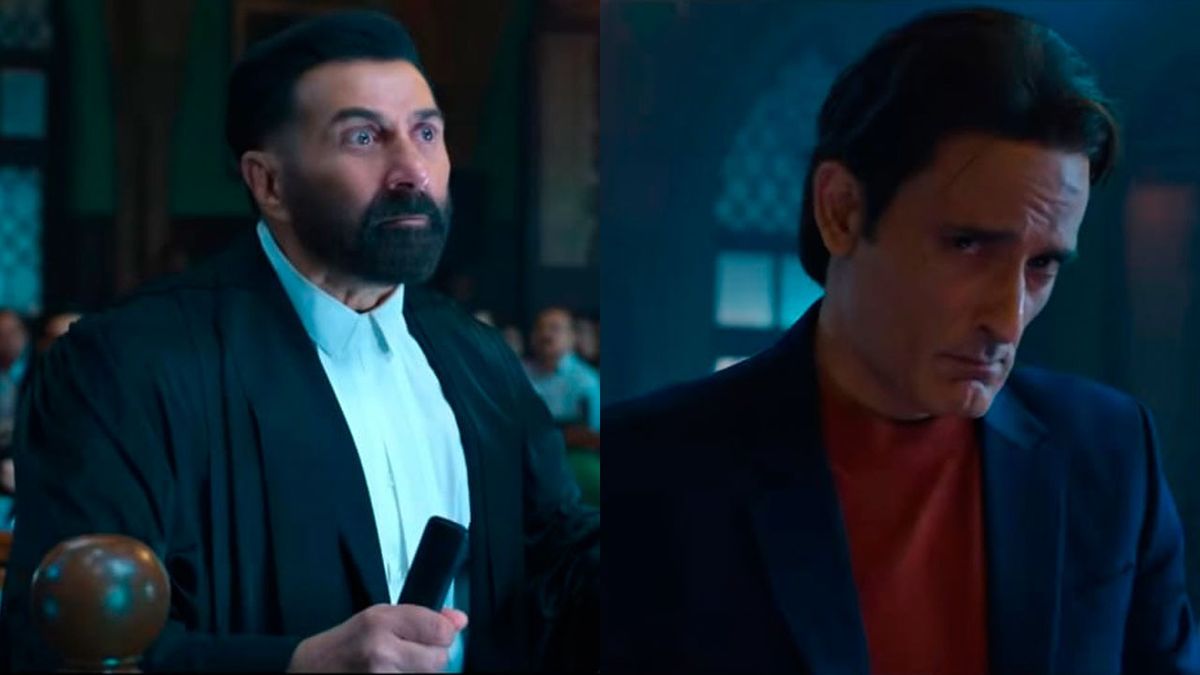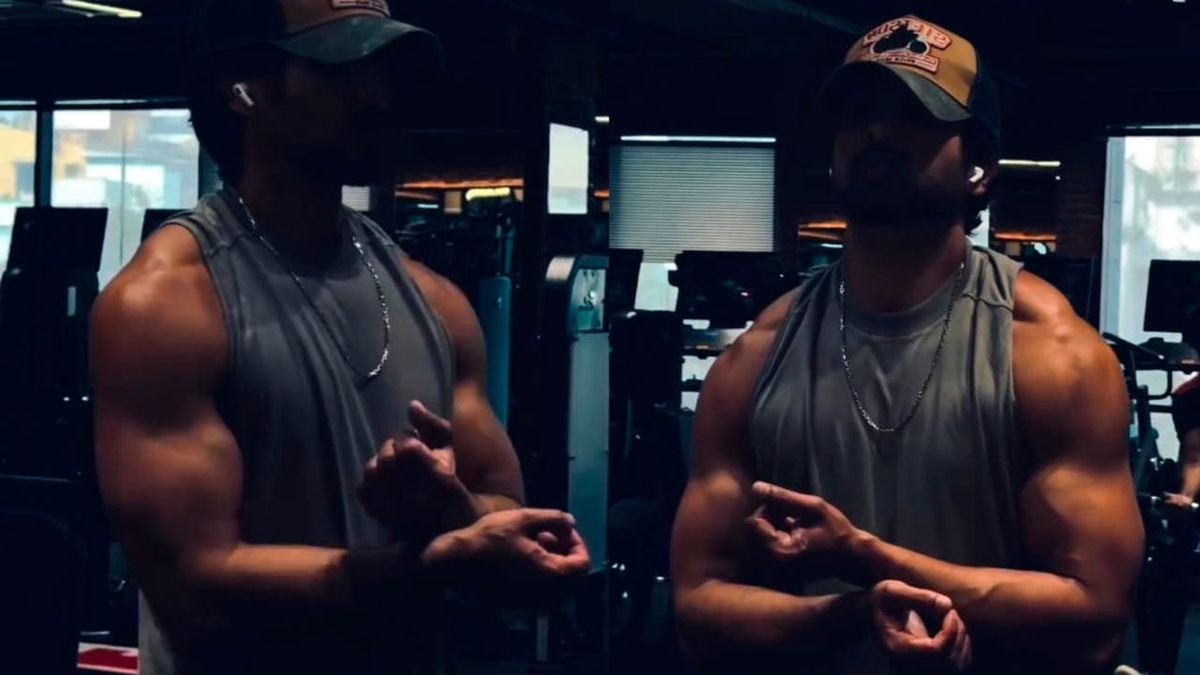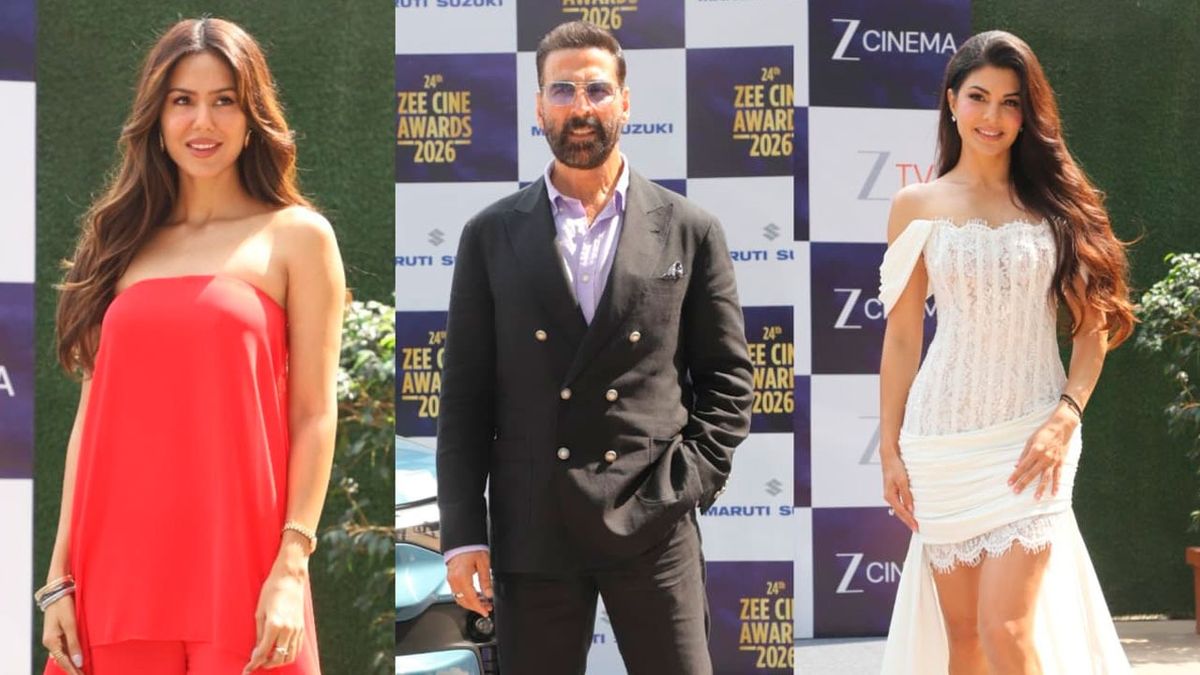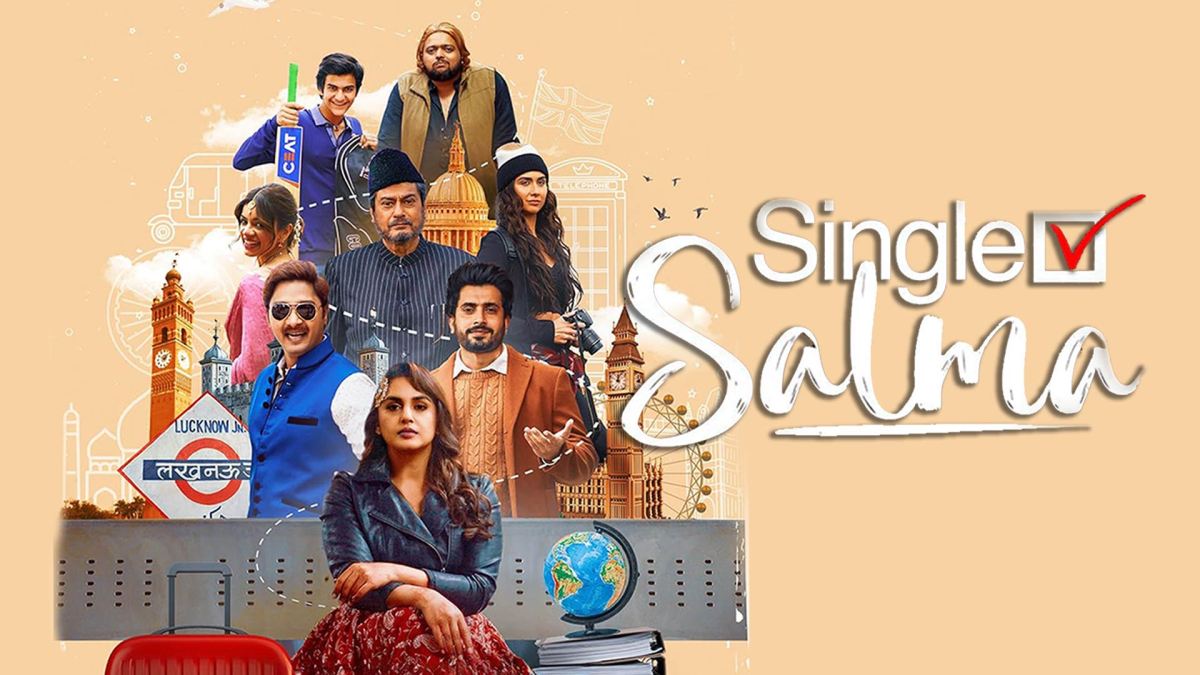
Ready to mingle, but hard to commit – Beyond Bollywood
Director Nachiket Samant’s rom-com flatters to deceive. Actor-producer Huma Qureshi fights a single battle, but it isn’t enough to save this sinking ship.
Rating: ⭐️💫 (1.5 / 5)
By Mayur Lookhar
The current socio-political climate may fuel division, but Hindi cinema has long carried the burden of stereotyping. Consider this: ever since this writer became aware of the world, a certain minority community has often been portrayed as terrorising villains. Imagine a young Muslim boy or girl growing up in the late 80s- through childhood, adolescence, and adulthood – what image of their community would cinema have offered them? Terrorism stems from rogue ideologies, not from an entire faith. Yet where were the heroes? Cinema rarely gave them any.
The Ajay Devgn starrer Maidaan (2024) offered a refreshing tribute to the unsung sporting hero Syed Abdul Rahim. Single Salma (2025) caught our attention as a promising new-age romantic saga, potentially a strong community outreach and, more importantly, characters deeply rooted in Lucknow.
Story
Penned by Amina Khan and Ravi Kumar, Single Salma describes its protagonist as beautiful, educated, competent – but single. Hailing from a family of Nawabs, the Rizvis have little royalty left to show; in fact, they survive on the shoulders of Salma, the sole breadwinner of the family.
Salma has always prioritised her family over herself, but her mother remains determined to see her eldest child married. She even makes Salma swear on the Holy Quran that she will tie the knot. Salma (Huma Qureshi) is certain she’ll reject yet another proposal, until she meets the underconfident yet brutally honest Sikandar Khan (Shreyas Talpade), who unexpectedly wins her over. Their marriage is fixed, but before the wedding, the PWD engineer from Lucknow is sent with her team to London for a two-month training programme. Sikandar supports her decision. In London, Salma finds herself drawn to the charming Meet (Sunny Singh), whose firm is tasked with training their Indian counterparts.
Screenplay and Direction
Samant and his writers present a refreshing portrayal through their two Lucknawi protagonists. Nachiket Samant, a budding filmmaker who has directed a couple of Marathi and a few Hindi films, delivers his second Hindi feature with Single Salma—a rom-com that opens on a pleasing note, staying true to its promise of community outreach while capturing the charm of Lucknawi andaz. Salma is relatable not just for her single status but because her story resonates with countless Indian families where the eldest child often bears the weight of responsibility. Sikandar, meanwhile, wins hearts with his mehndi-clad hair, moustache, and a quiet relatability shared by many 40-plus bachelors. It is their honesty that draws them together.
The early screenplay works well, buoyed by thoughtful writing, and dialogues by Mudassar Aziz. There’s sincerity in their demeanour that makes both protagonists endearing. But once the story shifts to London, Lucknow and poor Sikandar, begin to fade into distant memory. The film’s promising start gives way to a jarring second half, where the dip in screenplay and writing becomes alarmingly evident, with the director failing to arrest the slide.
From the looks of it, this seems like a film that was lying in the cans for five to six years. Another Bollywood outing that appears to have been made solely on the strength of a strong pitch – convincing corporate backers swayed by its early writing but failing to gauge, or perhaps even read, beyond the first 20–25 pages.
Performances

Samant is fortunate to have two actors who may not be box-office magnets but always guarantee passion and performance. Qureshi also doubles as producer, making it imperative for her to stay fully committed. As an actor, she is near flawless, drawing you into Salma’s world—particularly relatable for her spinster status, but even more so for her constant devotion to her family. In a crucial conversation in London, Meet tells her that whether at home or at work, she is always thinking about others’ well-being, never her own. More than a matter of the heart, this London trip becomes Salma’s journey of self-discovery, a new world, and a new Salma within her. Though the plot turns messy and dull, Qureshi never lets her guard down.

Shreyas Talpade has played a Muslim character before in Iqbal (2005), though he didn’t have a voice there. Sikandar Khan, however, is an entirely different persona. From his look to his tone, Sikandar instantly draws you in. The film opens with Khan in London, attending a small entrepreneur of the year award ceremony, how he reaches this point is revealed much later. He candidly admits to his poor English yet remains confident that he can connect with the gathering through his heart. A poor communicator and underconfident, his greatest strength lies in his sincerity. While Salma and Meet undergo journeys of self-discovery, Sikandar largely remains true to his character. Talpade is impressive for the most part, though he tries a bit too hard in the latter stages of this 141-minute film.
Sunny Singh appears to be playing a rare, mature character. Rather surprisingly, he drives down to receive Salma and her fellow Indian colleagues at the airport. During the ride, he calmly downplays their silly and classist remarks. When reality sinks in, the Indian men feel embarrassed, yet it’s Salma who apologizes on their behalf. You can sense in his eyes that he’s drawn to her.

It seems Sunny Singh is finally stepping out of the shadow of Luv Ranjan’s misogynistic cinema – but then comes the dampener. At a restaurant, a white stranger sends a bottle of champagne to Salma, who’s visibly uncomfortable with the gesture. Meet, however, justifies it, calling it better than chasing or stalking a woman – an obvious dig at India’s roadside Romeos. But hey, Mr Meet, offering champagne to a stranger is equally regressive. And shockingly, Meet has the gumption to tell Salma, “Look he is disheartened”. From that moment, you lose respect for Meet, and Sunny Singh ends up playing just another silly character.
While Samant’s film subtly critiques patriarchy and class and caste divides, it also seems guilty of passing off a few things as cool. We’ve mentioned the champagne scene, but later, Salma’s friend Ratna tells her not to feel guilty, admitting she too wasn’t a virgin before marriage. Why does yet another Bollywood film — another one featuring Mudassar, though only as a writer here — mistake sexuality, pleasure, and indulgence for progressive thought?
You like how Samant and his writers initially seem to stereotype the British, with Meet’s British friend mocking Salma for fearing a kart race, saying, “We don’t have bullock carts here.” Having never driven one, Salma becomes the lone warrior from the Indian contingent to accept the challenge and miraculously emerges victorious. Naturally, there is jubilation on the Indian side, but the British men show grace in defeat and laud Salma. The imported talent (actors) here, however, pales in comparison to their Indian counterparts.
Final Word
Single Salma’s final messaging lives up to its title, and you appreciate how it’s a rare Bollywood film led by a Muslim protagonist without resorting to stereotypes, yet it ultimately falls short of its promise. You don’t mind mingling with Salma, but it’s hard to commit to her.
Watch video review below.
Publisher: Source link
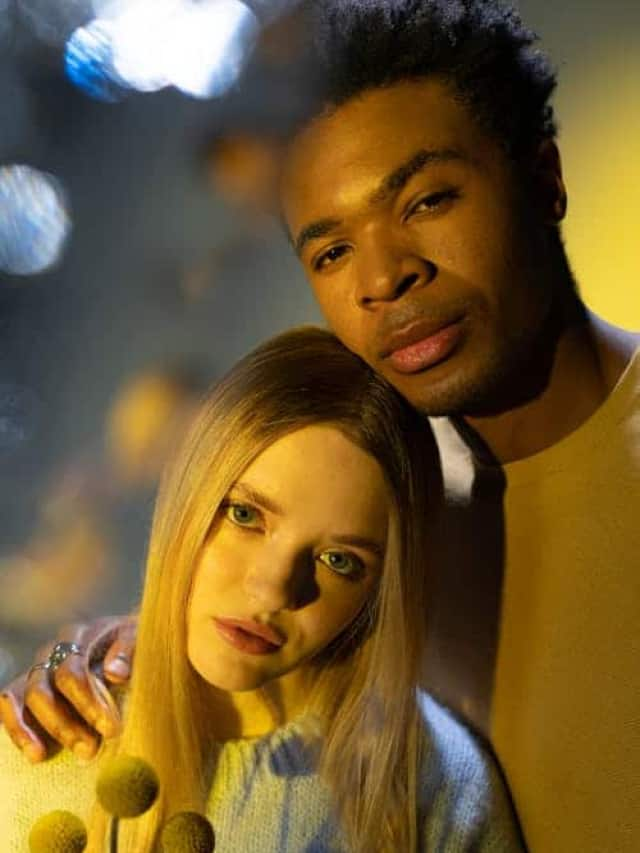
Effects Of Love On Your Brain And Body
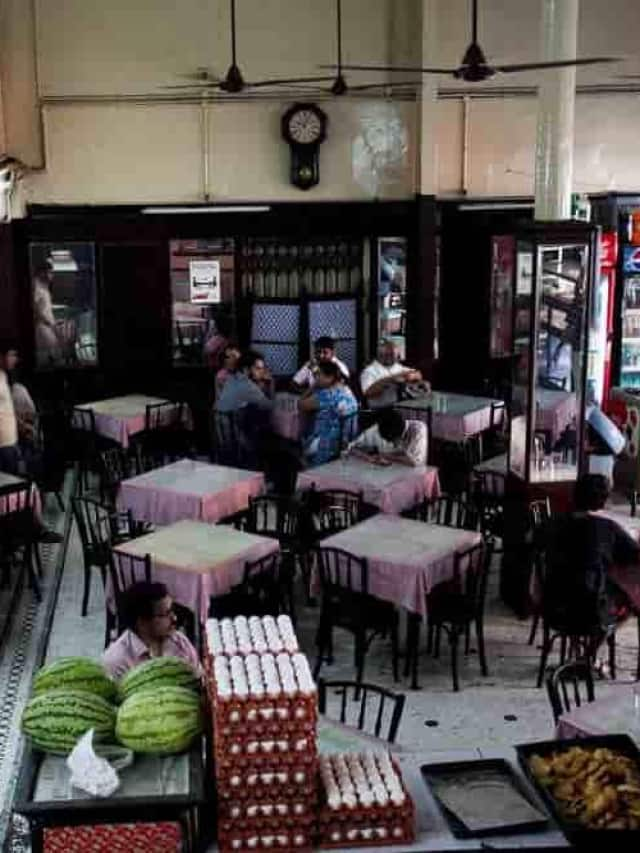
How to Spend 24 Hours in Mumbai?
